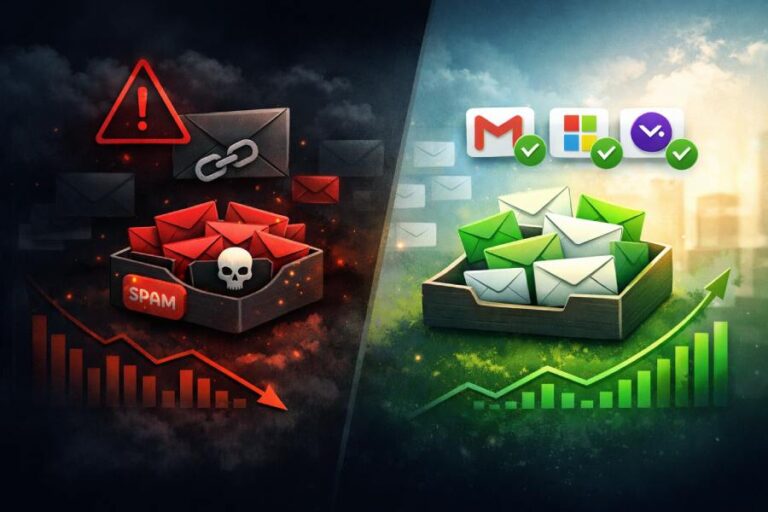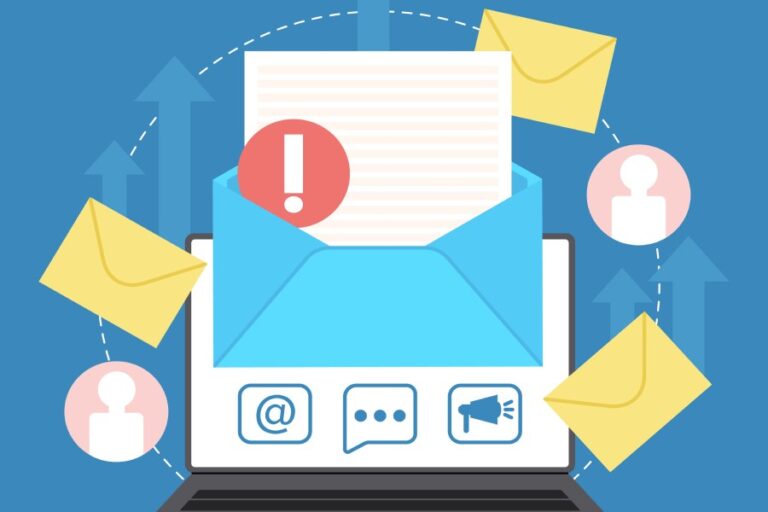Email has become a central tool for communication in academic institutions. Faculty, staff, and students rely on it for everything from exchanging grades to sharing important academic updates. However, during busy academic seasons – such as registration periods, exam weeks, or the start of a new semester – the risks associated with email security are even greater. This article explores why strong email security is essential during these peak times and how it can help protect sensitive information, prevent cyberattacks, and maintain the integrity of academic institutions.
Increased Email Volume
During busy academic seasons, the volume of emails sent between students, faculty, and staff rises significantly. With more emails being sent, the chances of malicious emails slipping through the cracks also increase. Cybercriminals often take advantage of this by sending phishing emails that appear legitimate, such as fake registration confirmations or urgent grade updates. These emails can trick people into clicking harmful links or downloading malicious attachments.

With so many emails circulating, it’s easy to miss these threats. A strong email security system can help filter out suspicious messages and prevent these types of attacks from reaching their targets.
Protecting Sensitive Information
Emails can often contain sensitive data, such as grades, personal student information, and academic research. Without proper email security, this information can be intercepted by hackers. For instance, a student’s grade or personal details could be stolen, leading to identity theft or financial fraud.
During busy periods, when students are managing multiple assignments and tight deadlines, some may choose to order essay services to ensure their work is submitted on time without compromising quality. To protect this sensitive information, email encryption is crucial. It ensures that only the intended recipient can access the contents of an email, safeguarding both student privacy and institutional data.
Phishing and Other Cyberattacks
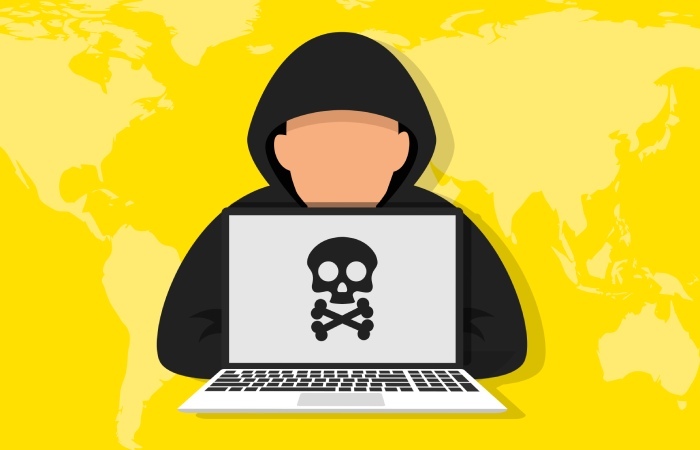
Phishing is one of the most common ways cybercriminals target educational institutions. Phishing emails often look like they’re from trusted sources—like the university registrar or IT department – but are designed to trick recipients into giving away personal information.
For example, a phishing email might ask students to verify their account details urgently, linking to a fake login page designed to steal their credentials. During busy academic times, when students and faculty are distracted, these attacks are even more likely to succeed.
By using advanced email security tools, such as spam filters and multi-factor authentication (MFA), institutions can reduce the risk of falling victim to phishing attacks.
The Threat of Ransomware
Ransomware is another major threat to academic institutions. This type of malware encrypts files and demands payment to unlock them. If an email system is compromised, malicious attachments can be sent to staff and students, and opening them can lead to a ransomware infection. This could disrupt operations and result in the loss of important academic data.
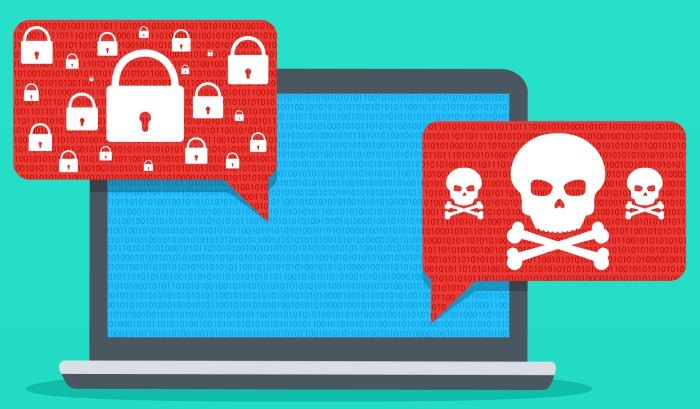
During busy periods, when staff and students are overwhelmed, they may not carefully check email attachments, making them more likely to open a dangerous file. Institutions need robust malware protection in their email systems to prevent ransomware attacks from spreading.
Compliance with Data Privacy Laws
Academic institutions are bound by regulations like FERPA (Family Educational Rights and Privacy Act) in the U.S. and GDPR (General Data Protection Regulation) in Europe, which require them to protect students’ personal information. If an email system is not secure, sensitive data could be exposed, violating these laws.
To ensure compliance, schools need to adopt strong email security measures such as encryption and secure login protocols. This helps protect student information and avoid costly fines or legal issues.
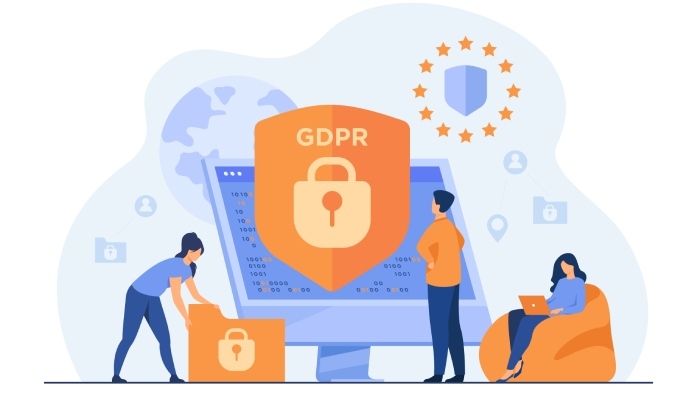
Protecting the Institution’s Reputation
A cyberattack on an academic institution’s email system can have severe consequences, including damage to the institution’s reputation. If students’ personal data or financial details are exposed due to an email security breach, trust in the institution can be lost. This could discourage prospective students and parents from choosing that school.
By investing in strong email security, educational institutions show that they prioritize the safety and privacy of their community. This not only helps prevent attacks but also builds confidence in the institution’s ability to protect its stakeholders.
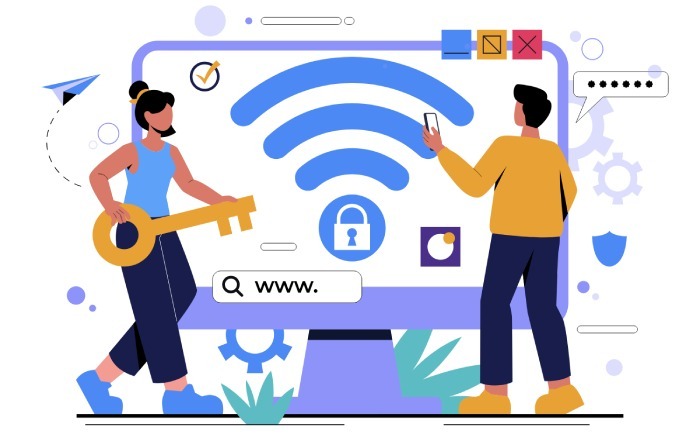
Conclusion
During busy academic seasons, email security is more important than ever. With increased email traffic, the risk of phishing, ransomware, and other cyberattacks rises, potentially compromising sensitive student data and damaging the reputation of the institution. Implementing strong email security measures such as encryption, spam filters, and multi-factor authentication can help reduce these risks and ensure that academic communication remains safe and secure. As educational institutions continue to rely on digital communication, investing in robust email security is crucial for protecting data, maintaining trust, and ensuring compliance with privacy laws.

